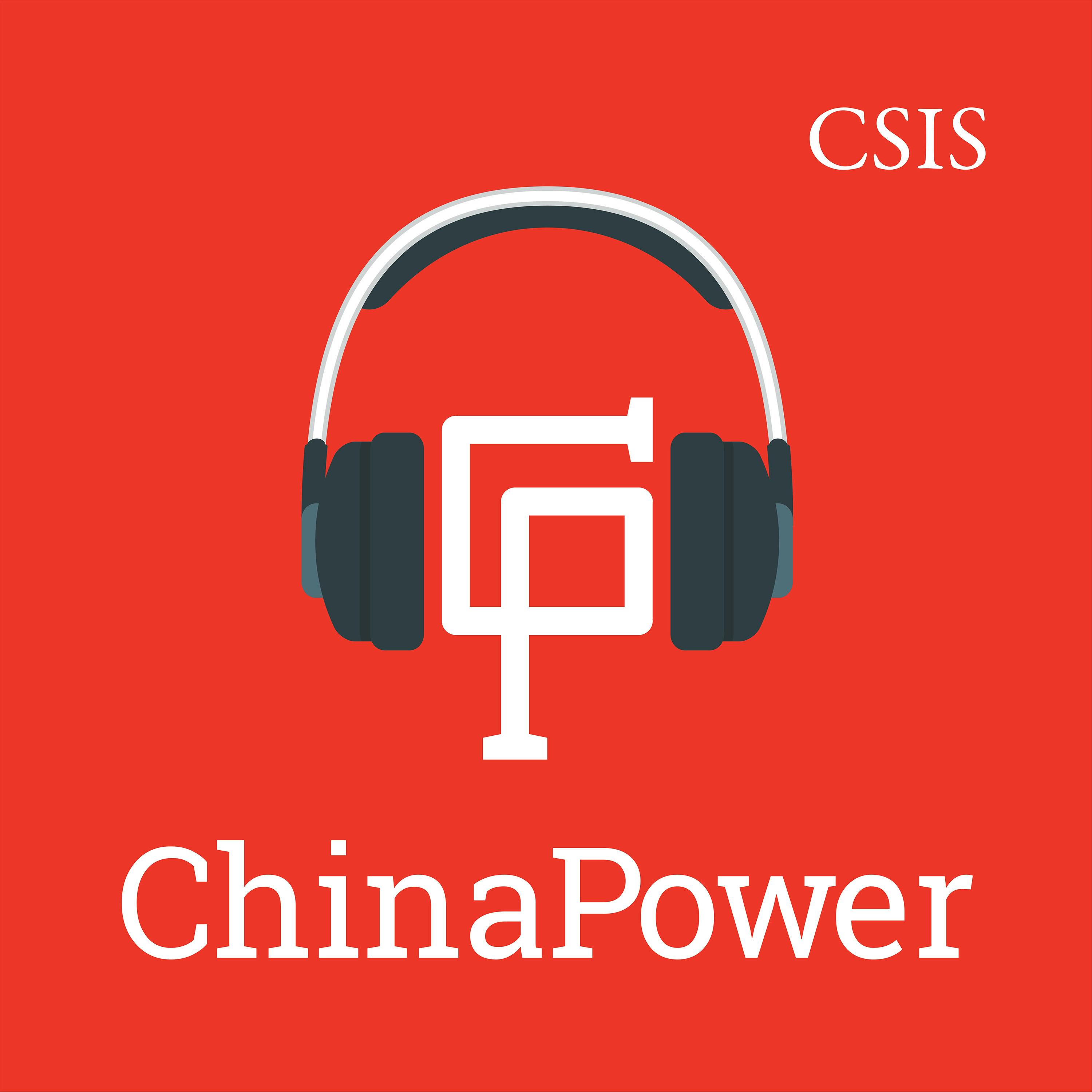
Deep Dive
Why has China's influence over North Korea diminished?
China's influence has waned due to North Korea's growing alignment with Russia, evidenced by the signing of a military alliance treaty in June and North Korea sending troops to support Russia in October. Additionally, China's participation in UN sanctions against North Korea since 2016 and the disruption caused by the COVID-19 pandemic have further strained relations.
What are China's primary objectives on the Korean Peninsula?
China aims to maintain regional stability and prevent any actions by North Korea that could threaten its national security. While denuclearization is a stated goal, stability is the top priority, as China fears a destabilized North Korea could lead to war or a unified Korea under U.S. influence.
How does China perceive North Korea's growing ties with Russia?
China views the deepening North Korea-Russia relationship with concern, as it undermines China's influence over North Korea and could lead to destabilizing consequences on the Korean Peninsula. Beijing also worries about being associated with what the West calls the 'axis of upheaval' with Russia, North Korea, and Iran.
What role could China play in preventing North Korean adventurism?
China could use its diplomatic channels to warn North Korea against taking risky actions, especially during periods of political instability in South Korea. China's primary interest is in maintaining stability on the peninsula, and it could work with South Korea to prevent any reckless moves by North Korea.
How does China's economic leverage over North Korea affect its influence?
China still holds significant economic leverage, as North Korea relies on China for about 90% of its trade and energy imports. However, China is hesitant to fully use this leverage, fearing it could antagonize North Korea and push it closer to Russia. Additionally, North Korea's growing economic ties with Russia reduce China's effectiveness in using economic pressure.
What is Beijing's reaction to the 'axis of upheaval' narrative?
Beijing views the 'axis of upheaval' narrative as biased and hostile. It does not want to be associated with North Korea, Russia, and Iran in this way, as it could narrow China's strategic space. This narrative likely encourages China to be more cautious in its policies toward these countries.
What might China's approach be during a potential second Trump administration?
China may push for a new round of multilateral dialogues on North Korea, aiming to curb its provocative behavior. While complete denuclearization may no longer be feasible, China could seek control agreements to manage North Korea's nuclear program and maintain regional stability.
- China joined UN sanctions against North Korea in 2016.
- North Korea's alignment with Russia is a major factor in the strained relationship.
- There is a significant lack of interaction between China and North Korea, including people-to-people exchanges.
Shownotes Transcript
In this episode of the ChinaPower Podcast, Dr. Feng Zhang joins us to discuss China-North Korea relations in light of the growing Russia-North Korea relationship and deployment of North Korean troops to support Russia. Dr. Zhang discusses how the China-North Korea relationship has suffered in recent years, in part due to China joining UN sanctions against North Korea in 2016, the COVID-19 pandemic, and North Korea’s involvement in Russia’s war against Ukraine. Dr. Zhang explains that China has a waning influence over North Korea, evidenced most strongly through the recent further alignment between Pyongyang and Moscow. He notes that China still sees itself as a great power on the Korean Peninsula, striving for regional stability to ensure its own national security, but that China struggles to use its economic and diplomatic pressures on North Korea, fearing that it may antagonize Pyongyang against Beijing. Dr. Zhang notes that North Korea is widely viewed in China as an agent of chaos and Beijing does not want to be viewed as a member or leader in the “axis of upheaval” with North Korea, Russia, and Iran. Finally, given China’s rising concerns about North Korean foreign policy and growing North Korea-Russia ties, Dr. Zhang predicts Beijing will try to play a bigger role in working with the incoming Trump Administration and other regional actors to curb North Korea’s provocative behavior.
Dr. Feng Zhang is a Visiting Scholar at Yale Law School’s Paul Tsai China Center. He previously held positions at Tsinghua University, Murdoch University, and the Australian National University. He specializes in Chinese foreign policy, international relations in East Asia, and international relations theory. He is the author of Chinese Hegemony: Grand Strategy and International Institutions in East Asian History (Stanford, 2015). He co-authored two books with Richard Ned Lebow: Taming Sino-American Rivalry (Oxford, 2020) and Justice and International Order: East and West (Oxford, 2022). His new book on China’s Policy toward Afghanistan since 1949 will be published shortly. His current project examines the causes and management of U.S.-China competition.